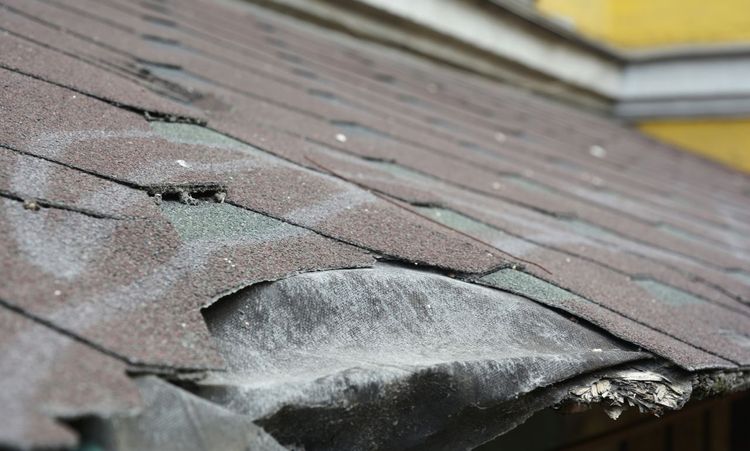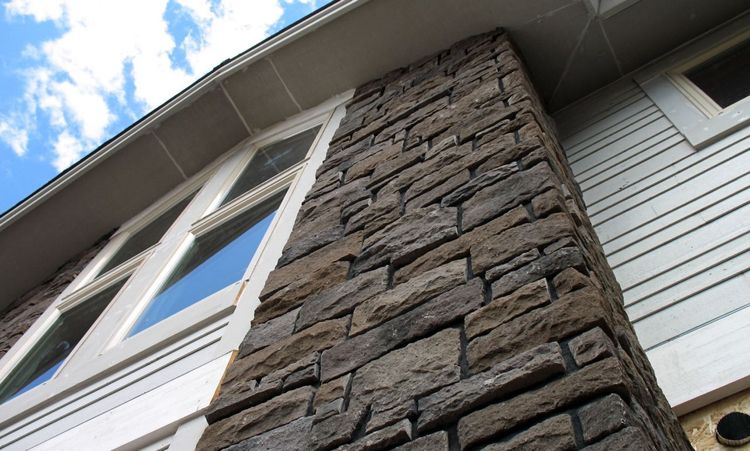Dealing with roofing problems might not top your list of favorite activities, but overlooking them can turn small annoyances into colossal catastrophes. Your roof is more than just a shield over your head—it's a critical component that protects your entire home. That's why roof repair specialists are the unsung heroes you need to keep your sanctuary safe and sound.
Common Roofing Problems
Your roof takes a beating every day, braving the scorching sun, torrential rain, howling winds, and heavy snow. It's a silent guardian that rarely complains, but when it does, you'd better listen.
Leaks
A steady drip or an unexpected puddle is more than a minor inconvenience—it's a glaring red flag. Roof leaks are the most common roofing problem homeowners face. They can stem from various issues like cracked flashing, broken shingles, or even tiny punctures. What's insidious about leaks is that water can travel a long way from the initial breach, making the source hard to pinpoint. Left unattended, a small leak can wreak havoc on insulation, rot wooden structures, and even compromise the integrity of your home. Don't let a little drip turn into a tidal wave of trouble.
Water Damage

Water damage isn't always as obvious as a leak. Sometimes, it lurks behind walls or under floors, silently eroding your home's foundation. Signs include discolored spots on ceilings and walls, a musty odor, or peeling paint. Water intrusion can lead to mold growth, which poses health risks like allergies and respiratory issues. The structural damage can be extensive, leading to costly repairs. Staying vigilant and addressing water damage promptly can save you a world of pain down the line.
Missing or Damaged Shingles
Shingles are your roof's armor, bravely facing the elements to protect your home. Over time, they can become cracked, curled, or completely blown away by strong winds. Damaged shingles expose the underlying materials to weather, leading to leaks and further deterioration. Regularly inspecting your roof for missing or damaged shingles allows you to address issues before they escalate. Remember, a single missing shingle can be the gateway for significant problems.
Incorrect Flashing
Flashing is the unsung hero of your roof, installed around areas like chimneys, vents, and skylights to prevent water from seeping in. If flashing is improperly installed or damaged, it becomes a weak point. Poor flashing can result from shoddy workmanship, age, or weather impact. Water can infiltrate these vulnerable spots, leading to leaks and structural damage. Ensuring flashing is correctly installed and maintained is crucial for a waterproof roof.
Weather-Related Damage
Mother Nature can be relentless. Hailstorms can inflict dents and cracks; heavy winds can lift shingles; snow and ice can cause ice dams that prevent proper drainage. Even the relentless sun can degrade roofing materials over time. After severe weather events, it's essential to inspect your roof or have roof repair specialists assess any damage. Quick action can prevent minor issues from developing into major problems.
Pests and Infestations
Your attic can be an inviting haven for critters seeking shelter. Birds, squirrels, raccoons, and insects may find access through damaged soffits, fascia, or gaps in the roofing material. These unwelcome guests can chew through insulation, wiring, and wood, leading to structural damage and potential fire hazards. Regularly checking for signs of pests and securing any entry points can help keep your home pest-free.
Signs That You Need a Roof Repair Specialist
It's not always obvious when your roof needs professional attention. However, recognizing the signs early can save you money and prevent extensive damage.
Persistent Leaks

If you've tried to fix a leak multiple times but it keeps reappearing, it's a clear indication that there's a deeper issue at play. Persistent leaks may signal underlying problems such as compromised roofing materials, poor installation, or structural issues. Roof repair specialists have the expertise to diagnose and resolve the root cause, ensuring the problem doesn't persist.
Visible Water Stains
Those unsightly brown rings on your ceiling aren't just an eyesore—they're a cry for help from your roof. Water stains indicate that moisture has penetrated your roofing system and is seeping into your home's interior. Ignoring these stains can lead to mold growth, weakened structural elements, and deteriorated insulation. Promptly addressing water stains can prevent more serious and costly repairs.
Curling or Buckling Shingles
When shingles start to curl at the edges or buckle in the middle, they're signaling that they're nearing the end of their lifespan. This deformation can be caused by aging, improper installation, or poor ventilation. Curling and buckling compromise the shingles' ability to protect your roof, making it more susceptible to water infiltration and wind damage. Replacing damaged shingles promptly maintains your roof's integrity.
Sagging Roof Deck
A sagging roof deck is a serious concern that requires immediate attention. It indicates structural issues that could stem from prolonged water damage, excessive weight from snow or ice, or failing supports. A sagging roof not only poses a risk to your property but also endangers the safety of the occupants. Roof repair specialists can assess the situation and recommend the necessary repairs or reinforcements to restore structural soundness.
Cracked or Peeling Paint
You might think peeling paint is merely a cosmetic issue, but it's often a symptom of a deeper problem. Moisture buildup due to poor roof ventilation or leaks can cause exterior paint to blister and peel. This moisture can also damage siding and trim, leading to rot and decay. Addressing the underlying moisture issues can preserve your home's exterior and prevent further deterioration.
The Importance of Regular Roof Repair Maintenance

Proactive roof maintenance is the key to extending the life of your roof and preventing unexpected expenses. Think of it as taking your car for regular oil changes—simple upkeep can avert major breakdowns.
Routine Inspections
Scheduling regular roof inspections, at least twice a year, can help you catch problems early. Spring and fall are ideal times, as the weather is milder and it's easier to spot damage after harsh seasons. Professional inspectors can identify issues that untrained eyes might miss, such as subtle signs of wear, early stages of mold growth, or minor structural weaknesses. Routine inspections are a small investment with significant returns.
Preventative Measures
Prevention is always better than cure. Simple actions can make a big difference in your roof's longevity.
- Keep gutters clean to ensure proper water drainage and prevent ice dams in winter.
- Trim overhanging branches to reduce the risk of falling limbs damaging your roof and minimize debris accumulation.
- Remove moss and algae growth, which can retain moisture and degrade roofing materials.
- Installing attic insulation and ensuring proper ventilation can prevent heat and moisture buildup that damages your roof from the inside out.
Benefits of Early Detection
Catching roofing issues early means repairs are generally simpler and less expensive. It prevents minor problems from developing into major headaches that require extensive work or even a full roof replacement. Early detection also helps maintain your property's value and can save on energy costs by ensuring your roof is properly sealed and insulated. Peace of mind is an invaluable benefit—knowing your roof is in good shape helps you sleep better at night.
Choosing the Right Roof Repair Specialist

Selecting the right professional is crucial to ensure quality workmanship and a positive experience. Here's how to find a roof repair specialist you can trust.
Qualifications to Look For
Start by verifying that the contractor is licensed, insured, and bonded. Licensing ensures they meet industry standards, while insurance protects you from liability in case of accidents. Experience is another critical factor. A specialist with a solid track record will have the expertise to handle a variety of roofing issues. Additionally, check if they have certifications from roofing material manufacturers, which can indicate specialized training.
Questions to Ask Potential Contractors
When interviewing potential contractors, don't hesitate to ask detailed questions.
- Inquire about their assessment of your roofing problem and the proposed solution.
- Ask for a written estimate that includes a breakdown of costs for materials and labor.
- Discuss timelines and what measures they take to protect your property during repairs.
- Clarify warranties on both the workmanship and the materials used.
Clear communication from the outset sets the foundation for a successful project.
Checking Reviews and References
Do your homework by reading online reviews and testimonials. Sites like the Better Business Bureau, Yelp, and Google Reviews can provide insights into other customers' experiences. Ask the contractor for references and follow up with previous clients to inquire about their satisfaction with the work performed. A reputable roof repair specialist will be transparent and proud to showcase their work.
Ready to fortify your home's first line of defense? Reach out to experienced roof repair specialists today and ensure your roof is up to the challenge of protecting your sanctuary.




